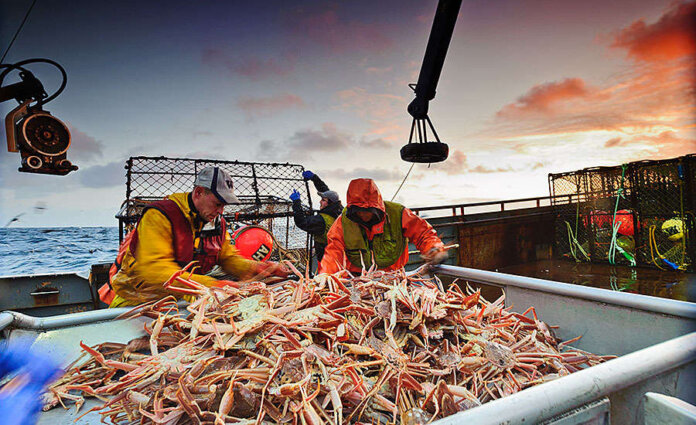By Tom Peters NOVA SCOTIA: The province’s seafood sector, valued at an estimated $2.5 billion in 2024, remains the largest seafood exporter in Canada. The United States served as the province’s top market, importing $1.23 billion worth of product, followed by China at $614 million. While the immediate threat of U.S. tariffs has been temporarily…


